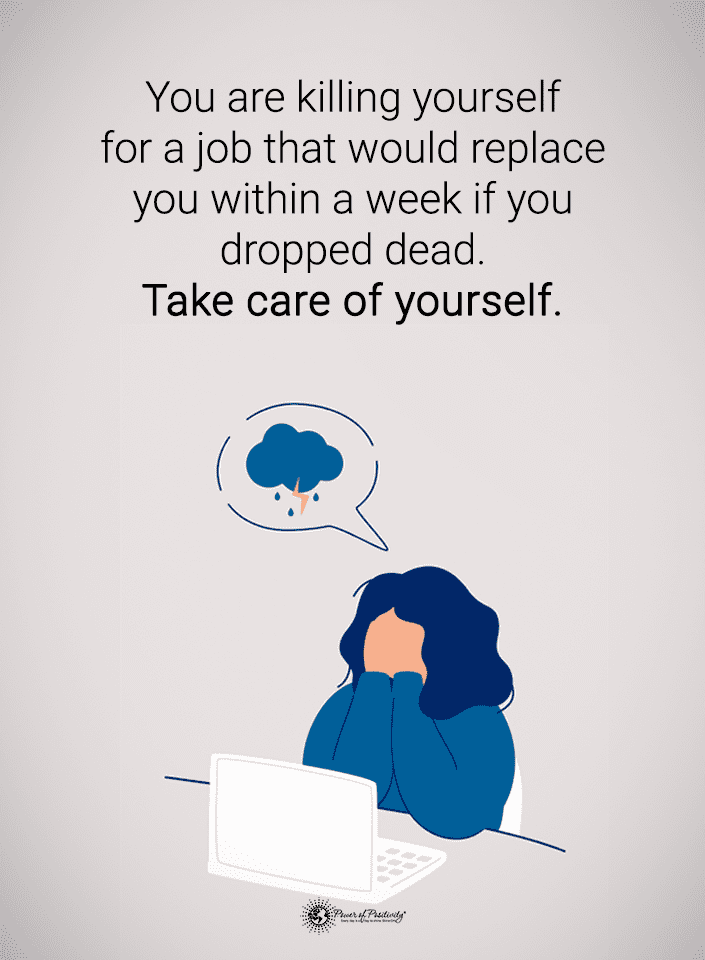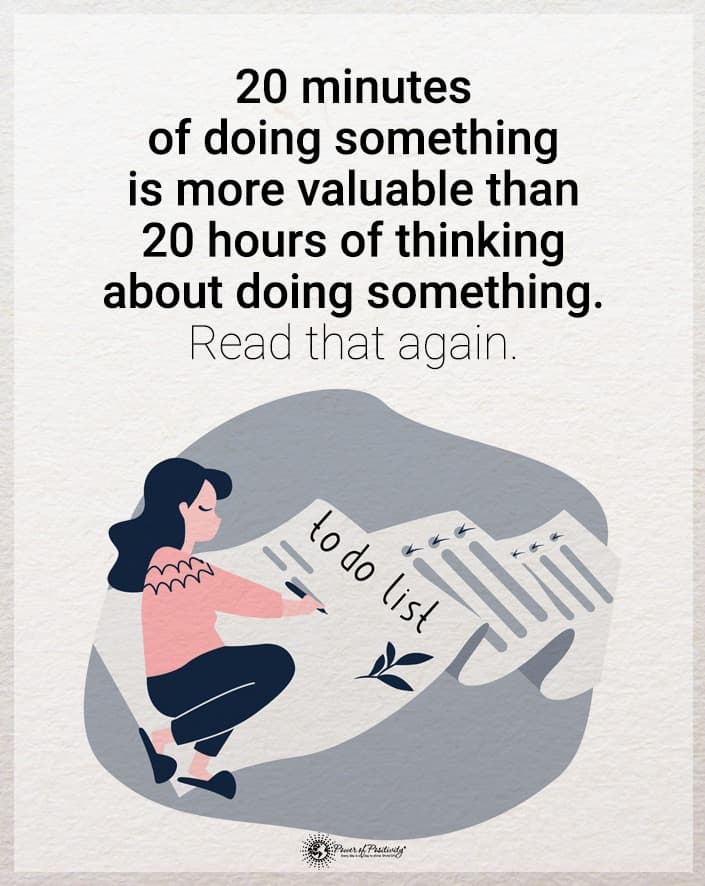A 40-hour work week is typical, involving five days of eight-hour shifts. While this schedule is an expectation for many people, it might not be an ideal work situation. Furthermore, a 40-hour week isn’t always flexible and can seem tedious. It might seem like you spend much of your life working, with little time for anything else.
Working five days a week for forty hours doesn’t support many people anymore. Many people think it’s beneficial since it’s normalized. However, putting in at least eight hours a day doesn’t always mean you’re being productive. It can cause burnout and affect personal and professional lives.
The History of the Standard Work Week
Working Monday through Friday during a 40-hour work week hasn’t always existed. Instead, workers during the 1930s fought to obtain this schedule after working many hours.
Before that, during the 18th century, some manufacturers required their employees to work more than 70 hours per week. This many hours meant many employees toiled long hours six days a week.
In the 1920s, some employers cut back to eight-hour workdays but continued to require six work days each week. Ford Motors was the first company to cut back to five work days each week after finding that their employees were more productive when working 40-hour weeks rather than 48 hours. However, most other companies maintained the 48-hour work week.
The employees who wanted a better life kept pushing for change. Their efforts resulted in the Fair Labor Standards Act in 1938, making previous working conditions illegal. It changed the standards for working hours, including requiring employers to pay overtime for workers putting in more than 44 hours each week.
In 1940, the standard workweek was updated to 40 hours, requiring overtime pay for anything more. While many people are accustomed to the 40-hour workweek, some activists believe the work-life balance could be better.
United States representative Mark Takano, for California’s 41st congressional district, introduced the idea of a 32-hour workweek act. If passed, the bill would change the standard 40-hour workweek to only 32 hours weekly. This change would mean employers would pay overtime after 32 hours.
The 32-Hour Work Week
A full-time job typically consists of forty hours in a five-day work week. However, cutting back to 32-hour work weeks, four days a week, can increase productivity. Advanced technology also promotes productivity, speeding up processes and requiring less time.
A 32-hour work week would still involve benefits and a full salary. Employees will still maintain their workload, promoting productivity during those hours. It motivates them to get things done and enjoy more personal time.
Sometimes the 32 hours would involve a four-day work week. Other situations might require spreading those working hours over five days.
Seven Excellent Reasons to Lose the 40-Hour Work Week
Here are seven compelling arguments for ditching the 40-hour week for 32.
1 – Improved Workplace Morale
Working fewer hours boosts employee morale because satisfaction increases. When people work fewer hours, they can enjoy life a little more and spend time relaxing.
Employees also appreciate their employer more when they offer the opportunity for a healthy career-life balance. It makes employees want to do better and produce their best output. A shorter week also promotes teamwork and better-distributed responsibilities.
Working fewer than forty hours weekly also makes you look forward to going to your job. When you spend enough time away from your career, you can look forward to delving back in.
2 – Improved Attendance and Decreased Turnover
Employers may notice that their employees have better attendance when they work fewer hours. With improved attendance rates, there will be decreased turnover rates.
Employees will also appreciate their job more when they get more time off, making them want to stay. Plus, they’re more likely to show up for their shifts (on time) when they want to maintain the benefits of a flexible schedule.
3 – Increased Productivity
Working a typical eight-hour shift five days a week doesn’t mean you’ll be productive. Everyone is productive at different times of day, and it’s best to go along with what naturally works best for you.
Some people prefer to work nights, while others love working early in the morning. Forcing yourself to work during less productive times can interfere with your efforts.
Not everyone works best in the morning, so enforcing an early start time might not work for you. If someone must work during the morning when they’re more productive at night, it could lead to feeling sluggish during work.
4 – It Protects the Environment
When people work forty hours a week, it produces more carbon emissions. Activities like commuting to work five times weekly can increase the burden of climate change. Additionally, taking a processed meal or bottled water to work each day also contributes to your carbon footprint.
5 – Promotes Creativity and Innovation
When you work fewer hours, it can increase creativity and innovation. You’ll be more likely to find new ways to do things and save time. It helps you excel in your career and thrive in your personal life.
6 – It Allows for Parenting and Thriving in a Career
Working 40 hours a week makes it hard for parents to excel in all areas of their life. They often feel they must choose between their career and being a good parent. However, many parents can excel if they’re allowed to work a flexible schedule.
7 – Improved Time Management
If you know that you don’t have to work so many hours, you’ll be more likely to practice better time management. You won’t be as likely to put things off or engage in unproductive behavior during work.
Improved time management involves fewer distractions. When you know you have less work time in your week, you won’t spend as much time browsing the internet or chatting with co-workers. You’ll be less likely to give in to distractions when you have shortened work week to look forward to.
How to Be Productive with Fewer Hours in the Work Week
You’ll have to shift your mindset if you put in fewer hours in a given week. Getting into the habit of prioritizing tasks and getting things done in less time can be an adjustment. However, you’ll likely find it beneficial once you develop a new routine.
1 – Make a Realistic to-do List
Making a realistic to-do list with three or four essential tasks can help you get things done. You’ll likely have other things come up throughout your day, so don’t over-commit yourself.
Planning for no more than five hours is the best way to get everything crossed off your list. Overplanning can leave you feeling like you’re always falling behind, and it can become a toxic cycle.
2 – Create Beneficial Routines
Breaking up your day with routines and cycles can promote productivity while minimizing burnout. One idea is to start your day with an essential or creative task that requires individualized focus.
Finish this task before checking your e-mail or doing anything else. If you can’t accomplish the project in one morning, commit to focusing on it for a specific time.
3 – Take Un-Timed Breaks
When you get restless, take un-timed breaks if you have the option. Go for a run, take a short nap, or enjoy lunch without checking the clock. Sometimes relaxing without doing anything can help you.
Taking un-timed breaks offers the opportunity to refresh your mind and gain momentum. It also allows you to use your energy levels to guide your productive times of the day.
You’ll accomplish more in a shorter time if you follow your natural impulses and productive times. Not all careers allow for this but consider taking advantage and developing a routine like this if yours does.
4 – Bulk Mundane Tasks
Bulking mundane tasks can help you accomplish them in a shorter amount of time. Doing these tasks in the same timeframe can help when it’s time to focus on other tasks. If you have a bunch of mundane tasks lingering, you might have trouble focusing on the essential things.
Consider batching things like sorting, replying, and sending e-mails. You can also make multiple phone calls in one sitting rather than breaking them up throughout the day.
5 – Commit to Days of No Work
Plan for days of no logging in each week and stick to the commitment. It’ll help you finish things on the other days, so you aren’t worried about lingering work tasks during your time off. On your days off, avoid checking your company e-mail or responding to messages regarding your career.
If you have a partner, you can take on the challenge with them. Plan days together where neither of you does any work, and you do something fun or relaxing together. When you have something to look forward to, you’ll be more likely to get things done during your shortened work week.
Time off will help you feel refreshed and inspired when you return to work. You’ll experience less burnout, promoting productivity and motivation during your work time.
6 – Measure Your Productivity
Instead of measuring work hours, consider thinking in terms of productivity. Track your time spent on tasks during different times of the day and use the results to your advantage.
You can also measure in terms of your goals. Spending time on work might not help you get closer to your dreams, resulting in less satisfying results. Determine which tasks help you move ahead and which ones cause you to remain stagnant in your career.
Some of the aspects of your career you can measure include:
- how many days in a row do you achieve your goal
- your sales and which methods they came from
- the results your efforts produced
7 – Find an Accountability Partner
Finding someone with the same schedule as you can help you stay productive during essential times. They can help you accomplish your goals, helping you stay on track to reach your dreams.
8 – Obtain Flexible Employment
If your company isn’t on board with you working fewer than 40 hours, it might be time to move on. You know what’s best for your life, and if it’s fewer working hours or a more flexible schedule, you can make it happen. Find a company that will work with your desired schedule because you deserve to live a meaningful life centered around something other than work.
Final Thoughts on the Arguments Against the 40-Hour Work Week
While the 40-hour week was an accomplishment in the 1930s, it could still use some improvement. There is more to life than work, and we can accomplish more when we have something to look forward to.
Knowing that you have more personal time will help motivate you to accomplish your career-related tasks in a shorter time. Plus, you’ll feel inspired when you return to the job after time off. Your employer will see that giving you your full salary for fewer hours is beneficial when you get the same amount of work done. Plus, the results will likely be better when you return to the office with a refreshed mind. Don’t be afraid to go after a healthy work-life balance because it benefits everyone involved and improves your well-being.

















 Community
Community

